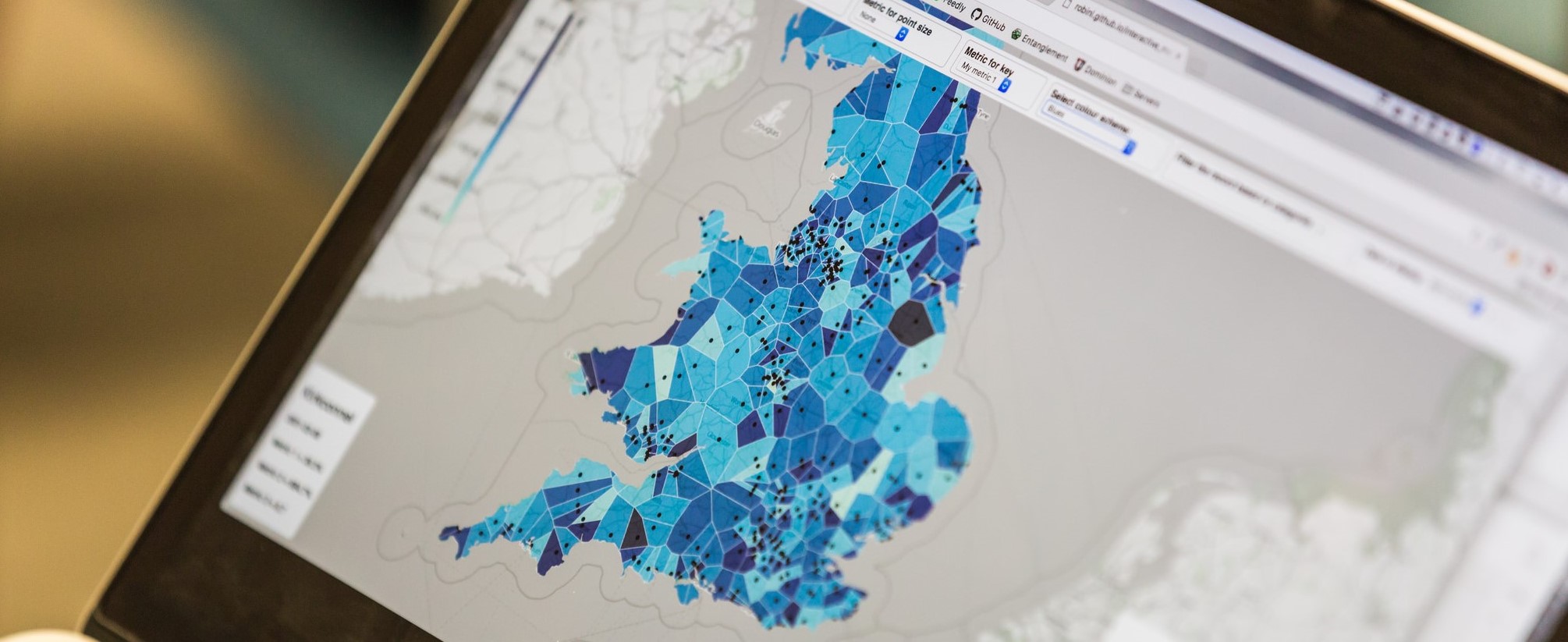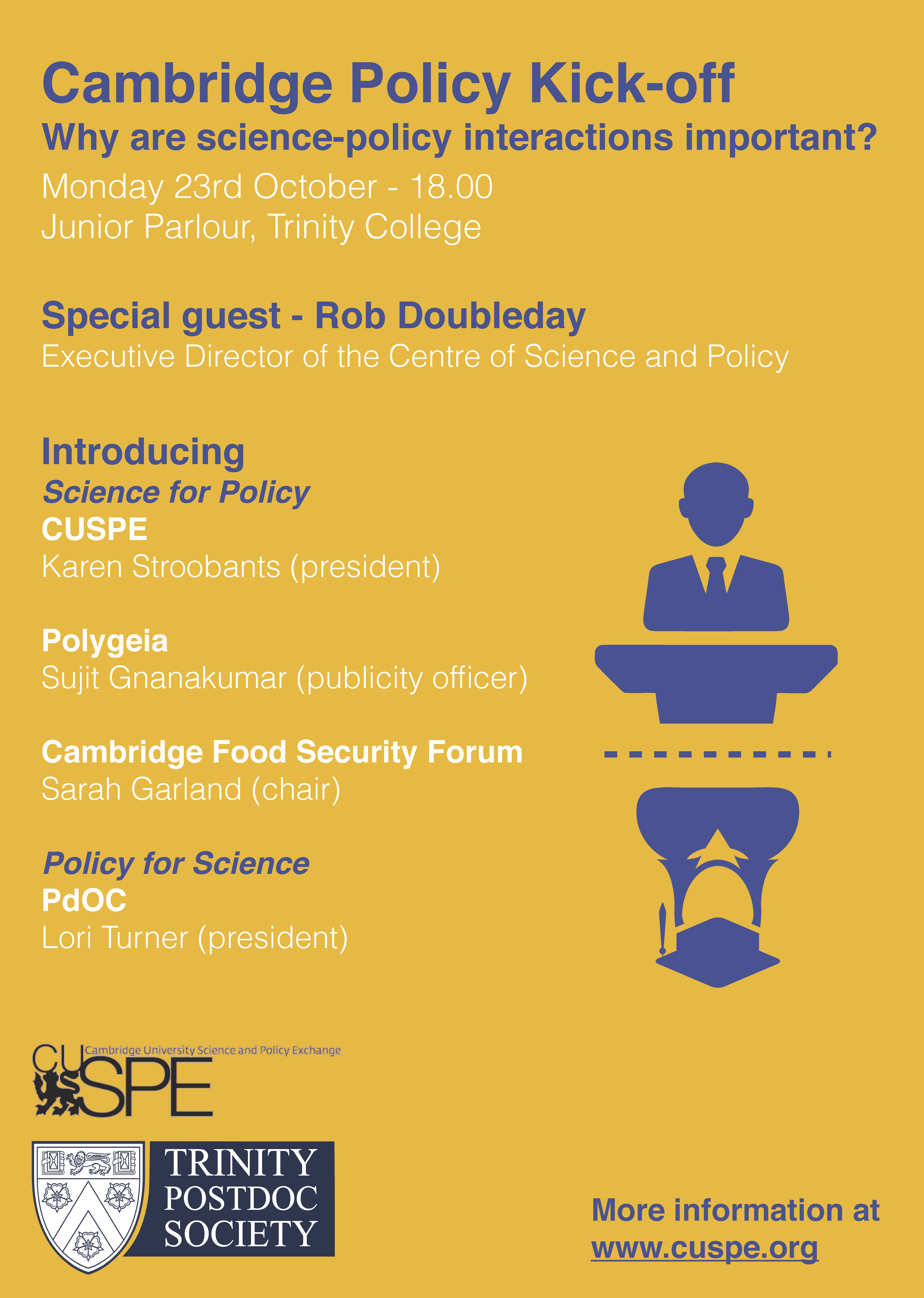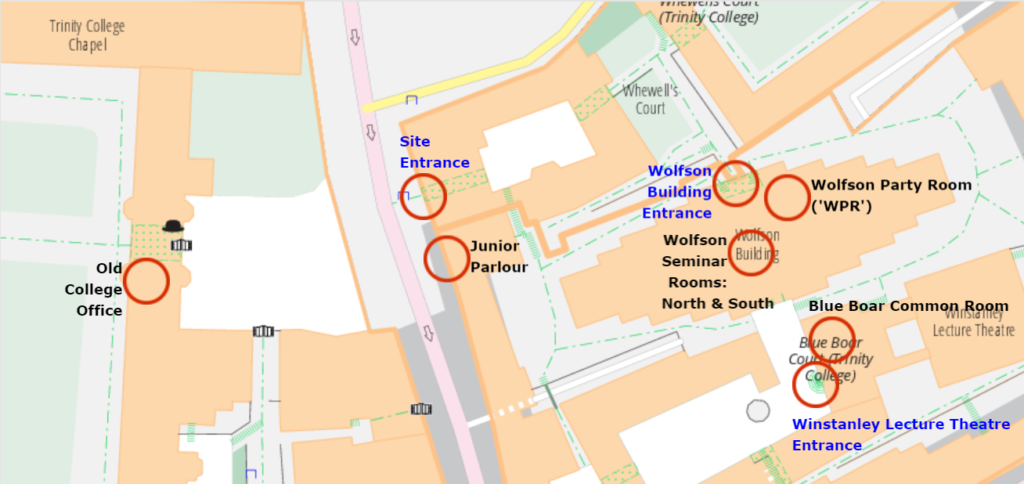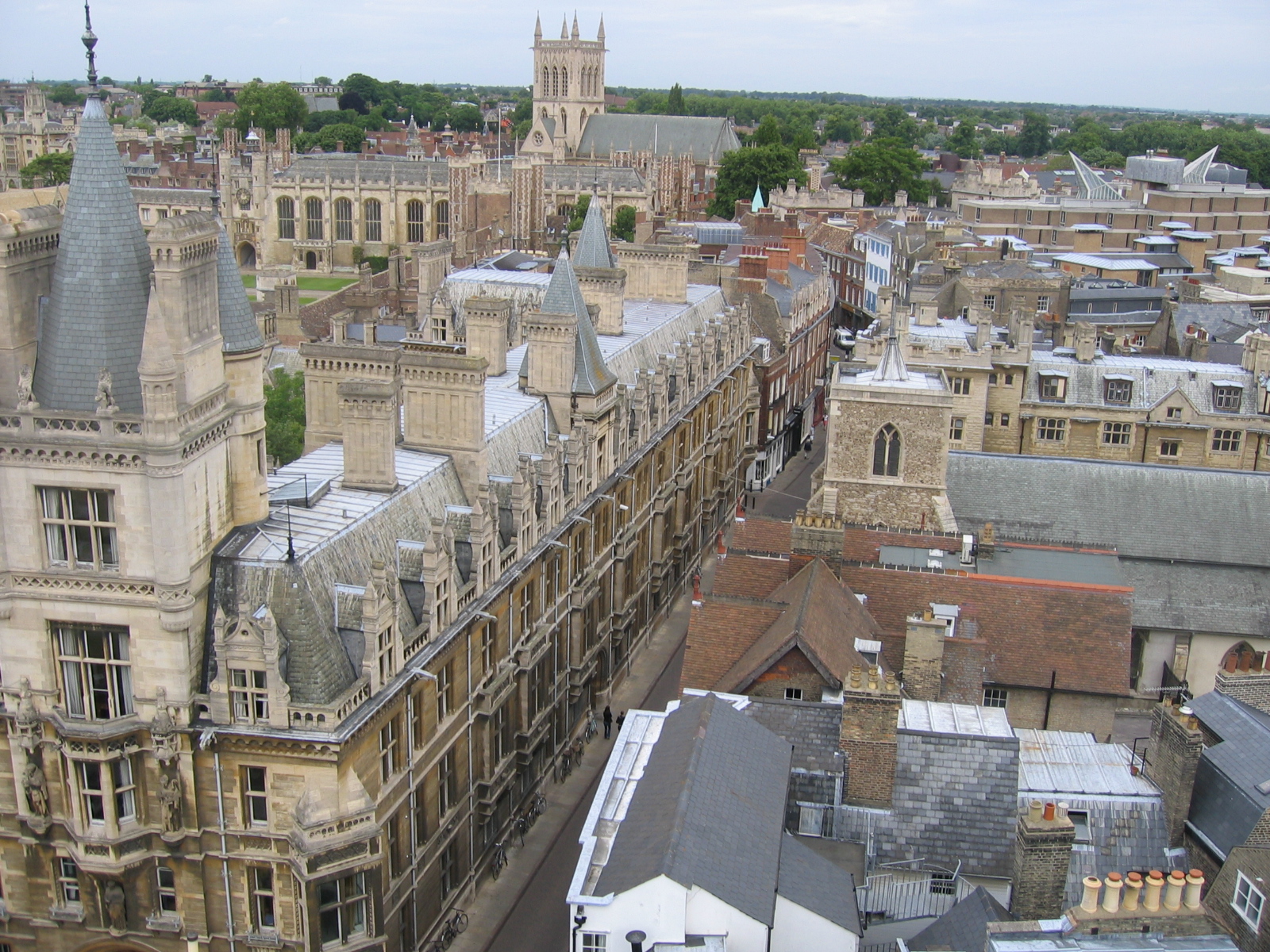November 16: How to Target your Message – Learning from Psychometricians, Election Pollsters and Communication Experts
CUSPE Workshops present ‘How to Target your Message – Learning from Psychometricians, Election Pollsters and Communication Experts‘ on 16th November 2017 from 6.00 pm to 8.00 pm at the Barbara White Room, Newnham College.
***Places for the workshop are limited to 40 attendees so please tell us how you will benefit from attending the workshop at the end of the registration form. We will send a confirmation email to you if you have secured a place.***
Event description:
You might know your science very well, but do you know your audience? While targeted messaging is a common practice among politicians, businesses and the press, scientists can be slow to realise that facts alone do not always convince. We believe that “if you can’t beat them, join them”. We have invited experts from the fields of psychometrics, polling and communications to share with us their expertise. Join us if you are interested in understanding why people think the way they do about certain policies, advertisements or a newspaper headlines. Not to forget, the lessons from the workshop will surely be applicable to how you frame your own research!
Speakers:
Joe Twyman, founding director of YouGov. Currently the Head of Political and Social Research for Europe, Middle East and Africa. Having dedicated his career to election studies, often in foreign countries, Joe is frequently featured on major TV channels providing expert election analysis.
Vesselin Popov, the Business Development Director of the Psychometric Centre of the Cambridge Judge Business School. His expertise is on the use of Big Data Psychology in developing products strategies.
Sam Jeffers, the Co-founder of Who Targets Me?, a project that investigates and monitors how politicians are trying to win your vote through targeted Facebook advertising.
Event will be followed by a drinks reception.








